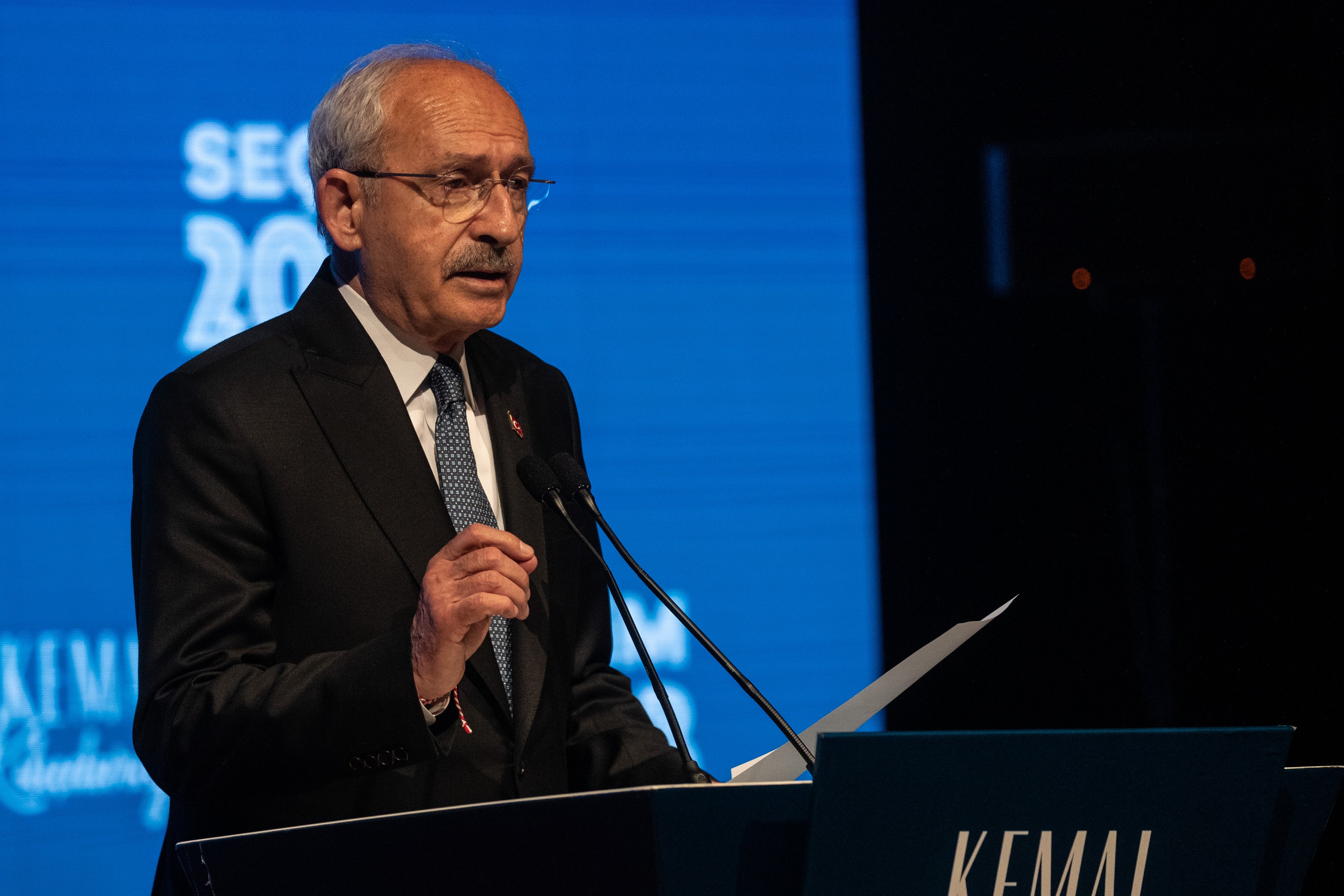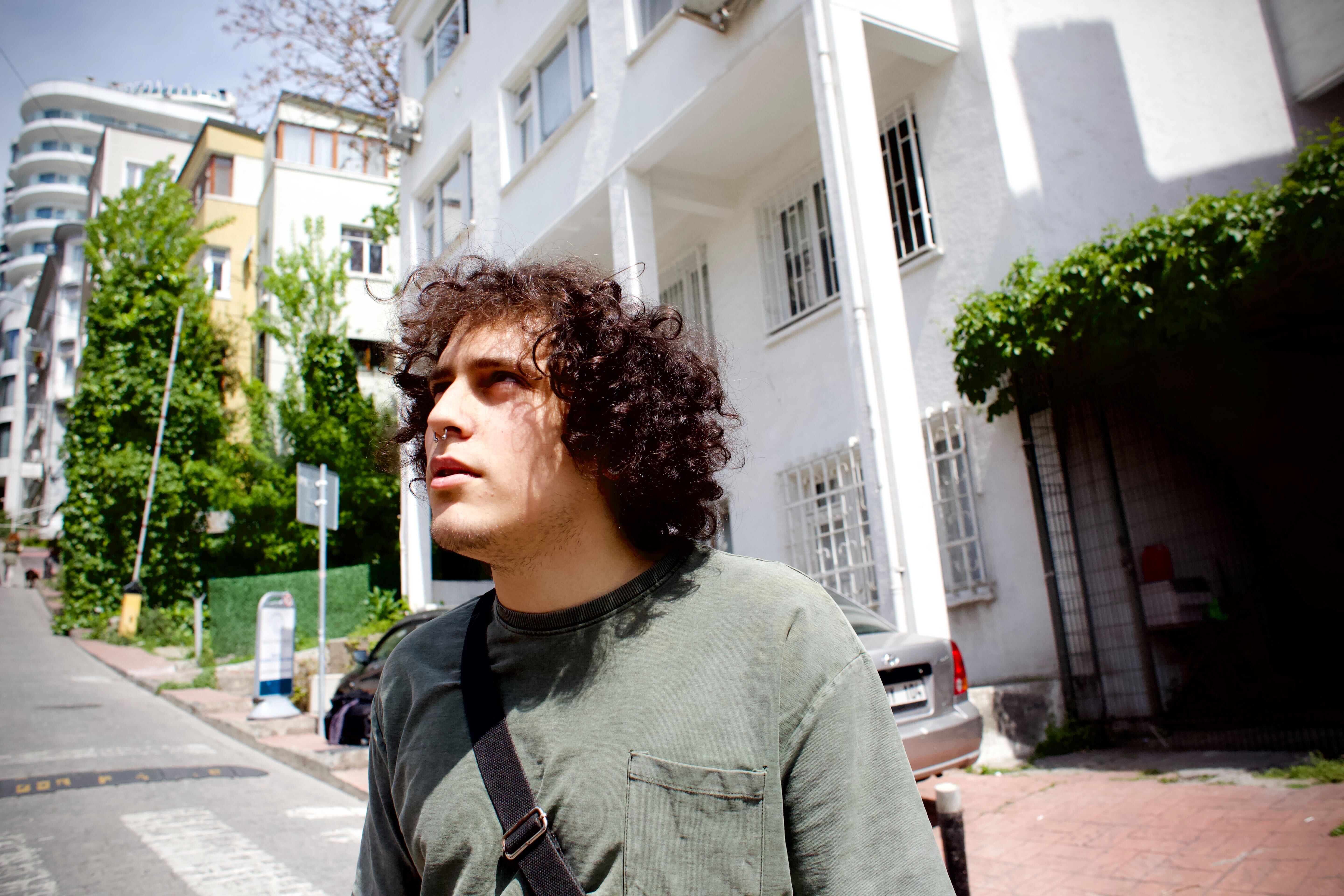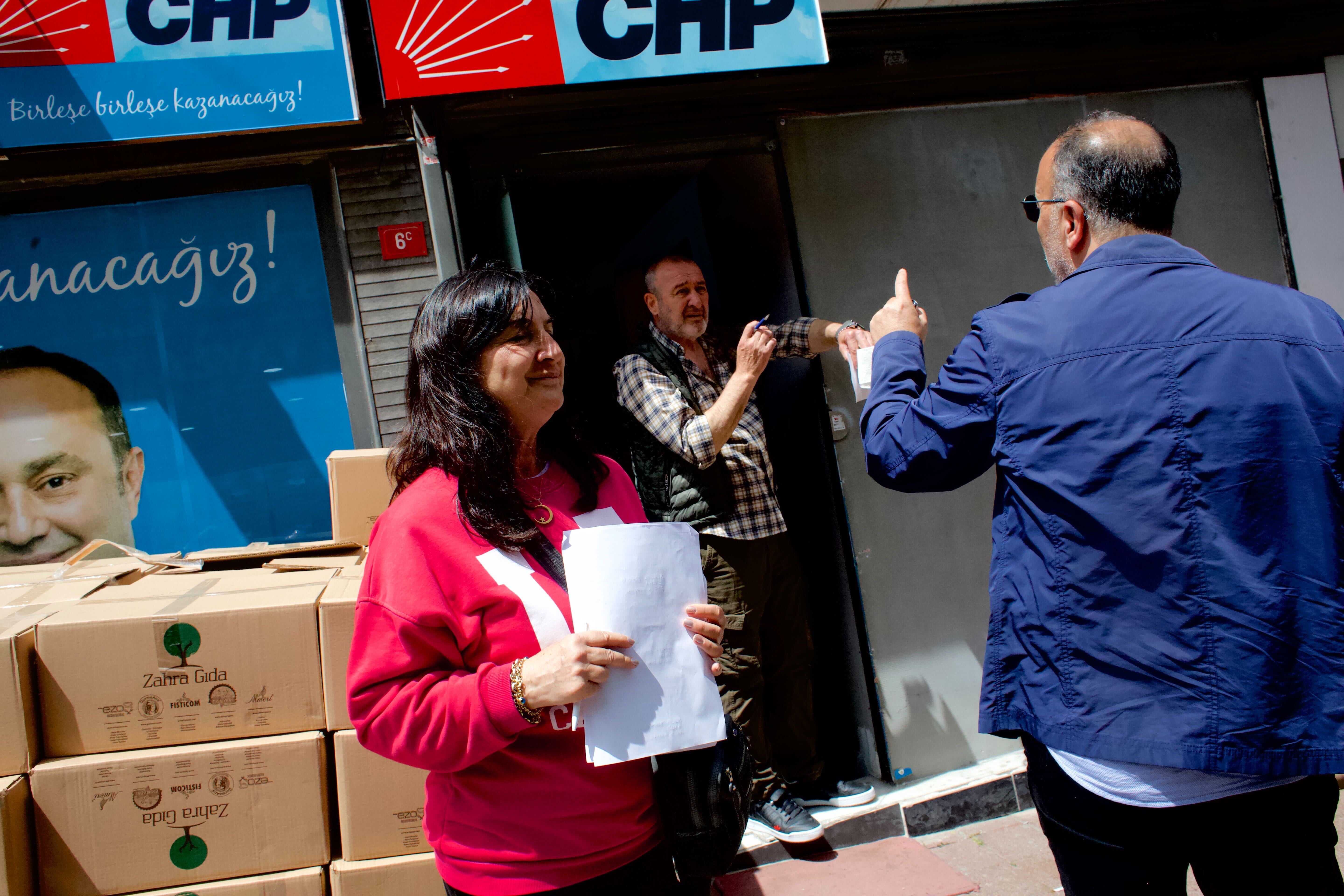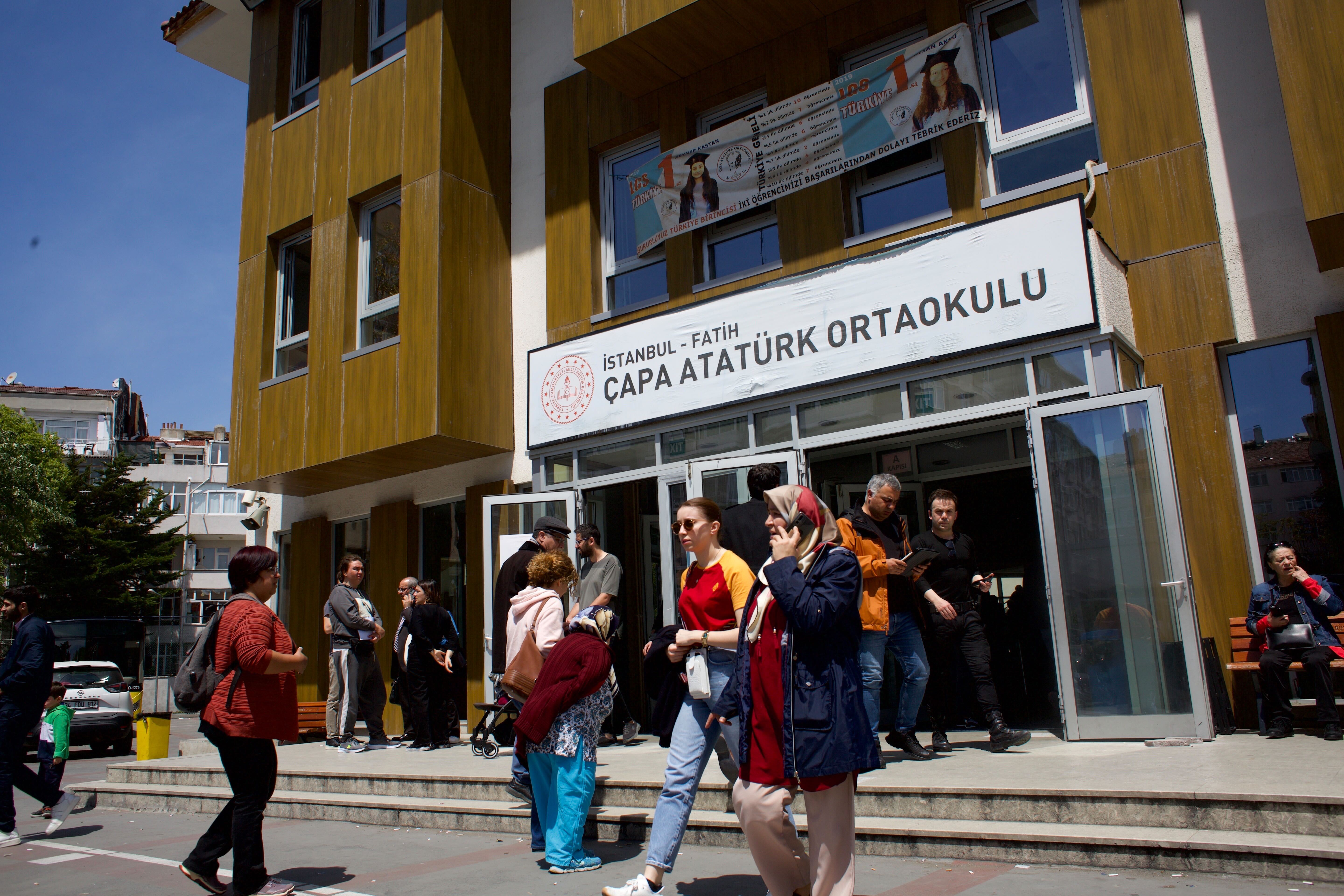
The battle for Turkey’s presidency is heading for a run-off in two weeks, with president Recep Tayyip Erdogan appearing to have the upper hand as the count comes to an end.
Both Mr Erdogan’s party and the opposition, led by Kemal Kilicdaroglu, have sought to say they still have a path to victory, but neither candidate seems set to cross the 50 per cent threshold required for an outright win. With 99.4 per cent of the domestic votes and 84 per cent of the overseas votes counted, Mr Erdogan had 49.4 per cent of the votes, with Mr Kilicdaroglu garnering 45 per cent, Ahmet Yener, the head of the Supreme Electoral Board said. Turnout was a very high 88.8 per cent, a sign of how important the presidential vote, happening al.
Expectations ahead of the presidential vote, taking place alongside parliamentary elections, was that it would be close. Mr Erdogan is fighting to extend his 20 yerars in power against an emboldened and unusually broad-based six-party opposition united behind Mr Kilicdaroglu. A run-off between the pair would take place on 28 May. However, with the last opinion polls before the vote giving Mr Kilicdaroglu the lead, there may be some disappointement in the opposition camp that Mr Erdogan could have the momentum goiung into a second round.
A third candidate, the nationalist Sinan Ogan, took some 5.2 per cent of the vote and he could play a "kingmaker" role in the runoff if he decides to endorse one of the two.
Mr Kilicdaroglu, accused Erdogan's party of interfering with the counting and reporting of results, calling on his supporters in the country of 84 million to be patient. Counts provided by pro-government and pro-opposition sources had differed markedly overnight.
Pro-government media cheered the outcome, with the Yeni Safak newspaper proclaiming "The people won", referring to Mr Erdogan's People's Alliance that appeared to have won a majority in parliament, potentially giving him a crucial edge in the presidential runoff. Both Mr Erdogan’s Justice and Development Party (AKP) and the People’s Republican Party (CHP) clashed over coverage of the ballot count as it came in, a sign of how fractious this contest has become.
Going into the election, the opposition had sensed its best chance yet of unseating Mr Erdogan, promising significant reforms to reverse the increasingly authoritarian turn that Mr Erdogan has enacted in recent years. The coiuntry’s 600-seat parliament, which has lost much of its legislative power under Mr Erdogan’s executive presidency would be returned to primacy under a Kilicdaroglu presidency.
"The winner has undoubtedly been our country," Mr Erdogan said in a speech to cheering supporters at the headquarters of his party in the capital Ankara overnight. The mood at the opposition party's headquarters had been subdued in the early hours as the votes were counted.

The verbal sparring between the candidates during the count followed a generally calm and orderly day of voting, at the end of a campaign season punctuated by violence and divisive rhetoric. Long lines formed at schools converted into polling stations. Turks normally vote for national elections in very high numbers, and today’s turnout looked even higher than previous ballots.
Voters cited concerns about the economy, which has been on a downward spiral for years, as the primary issue driving their votes, With news of an increasingly likely run-off Turkish stocks tumbled on Monday morning. The lira held near a two-month low, sovereign dollar bonds fell and the cost of insuring exposure to the country's debt spiked.
Another issue for voters was slow government response to the devastating earthquake in southeast Turkey that killed 50,000 people in February. But there are also concerns about the authoritarian drift of the country under Mr Erdogan, whose party has dominated the country’s politics for more than two decades. It has allowed Mr Erdogan to shape the country in his image, with crackdowns on dissent a regular feature of his years in power.
“Without democracy and freedom, you can’t have any economy,” said 74-year-old Nil Adula On Sunday, as he prepared to vote in central İstanbul. “The most important thing is that the justice system is working properly.”

The elections are being intently watched by Western nations, the Middle East, Nato and Moscow, as the united opposition try to dislodge a leader who has concentrated nearly all state powers in his hands and worked to wield more influence on the world stage.
Mr Erdogan, along with the United Nations, helped mediate a deal with Ukraine and Russia that allowed Ukrainian grain to reach the rest of the world from Black Sea ports despite Russia’s war in Ukraine. The agreement is set to expire in days, and Turkey hosted talks last week to keep it alive.
However, Mr Erdogan also has held up Sweden’s quest to join Nato and has been a difficult partner for the West at times, not being afraid to talk tough or dig his heels in. As one of President Vladimir Putin’s most important allies, a defeat would unnerve the Kremlin, while the president has also clashed with a number of Middle East leaders.
The outcome was always likely to hinge on slivers of swing voters that include ethnic Kurds – who have voted for either the AKP or leftist parties traditionally – Turkish nationalists, and at least 5 million first-time voters. Mr Erdogan struggled to connect with Generation Z voters ahead of the vote, who appeared unmoved by his appeals to conservative and Islamic values.
“I see voting as a tool to change and influence the government from within,” said Idris Sinan, an 18-year-old high school student and first-time voter, as he emerged from a polling station.

“We have been ruled by this party, the AKP, for 20 years... our country [has] become poor and more lawless,” he added.
Mr Erdogan seems to have rallied enough of his hardcore support swayed by those values. Maximising the vote from this group will be important in the run-off.
Many voters said they were convinced by Mr Erdogan’s nationalist stance that the president said would prioritise Turkey’s security. That also Included attempts to associate the opposition with the West and the Kurdistan Workers Party (PKK), an outlawed separatist group that the US and EU label a terrorist organisation.
“We are not for America. We are not for the PKK,” said Faruk Baba, a 67-year-old clothing shop proprietor in the Fatih district of Istanbul.
When reminded that the Taliban of Afghanistan had endorsed Mr Erdogan he replied: “The Taliban are Muslims. We are Muslims.”
Among AKP supporters, many cited conspiracy theories spouted by Mr Erdogan in previous weeks that the opposition are a proxy for Western powers.
“Erdogan has stood strong for us,” Ziya Uztok, a 73-year-old in Uskudar. “Kilicdaroglu is an American project.”
“I accept Kilicdaroglu as a fellow citizen, but I would not vote for him,” he said.

For the opposition, they need to maximise votes from the more swing elements and the Kurdish vote.
Mr Erdogan alienated ethnic Kurds, who used to vote for him in large numbers but – in a historic shift – embraced the secular centre-left candidacy of Mr Kilicdaroglu. “The election for us is about democracy and cultural and political rights,” said Mehmet Uzum, a 52-year-old Kurdish businessman in the Sultanbeyli district of Istanbul.
He said that Mr Erdogan and the AKP became toxic to Kurds since they partnered with the nationalist National Movement Party (MHP), who appear to have helped Mr Erdogan’s alliance push for a parliamentary majority.
“We had a lot of friends who were AKP but then they switched to CHP because of the economy and all the religious talk,” said his daughter, Gizem, 22.
In a bid to secure support from citizens hit hard by inflation, Mr Erdogan increased wages and pensions and subsidised electricity and gas bills in the days ahead of the vote, while showcasing Turkey's homegrown defence and infrastructure projects.
On a side street in Fatih, CHP organisers had been upbeat on Sunday as they amassed meals to hand their volunteers throughout the district.
“Before there were certain neighbourhoods that we couldn’t go to campaign,” said Cigdem Gulduval, a local opposition party official. “Now they’re more receptive. They’re all paying high prices at the same butchers as we are. They’re all paying the same gas bills.”
Mr Kilicdaroglu and the opposition will have to work hard to overturn what is currently looking like the advantage that Mr Erdogan will hold aahead of the second round.







